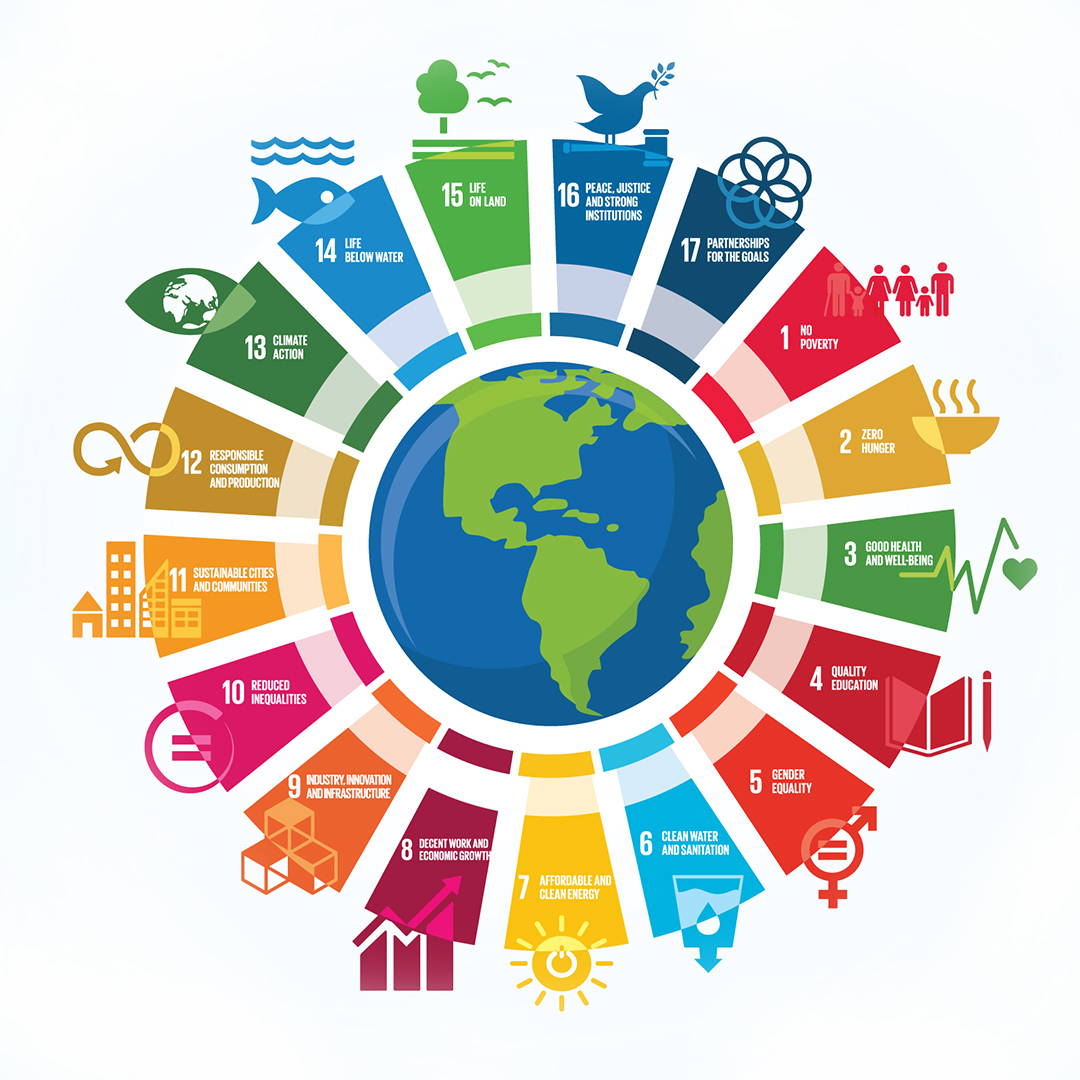
In celebration of 24 October: United Nations Day
How the UN is contributing to building a greener future
By Renee Fortune
The year 2021 marks the 76th anniversary of the establishment of the United Nations (UN), based on its Charter, which was ratified in 1945. At its inception, 51 states became charter members of the United Nations. Today, 193 countries are part of this global organisation. Primarily, its function was to “save succeeding generations from the scourge of war” by maintaining international peace and security.
Over time, that mandate broadened to rally Member States to work together towards achieving higher standards of living by addressing economic, social, and health problems, and upholding human rights. As part of this extended mandate, the United Nations also addresses issues that affect the global community, some of the most pressing of which include hunger, climate change and gender equality.
UNESCO (United Nations Educational, Scientific and Cultural Organization) is an agency of the UN that seeks to “build peace through international cooperation in Education, the Sciences and Culture”. Its numerous programs contribute to the achievement of its Sustainable Development Goals, as defined in Agenda 2030, which was adopted in 2015.


In a nutshell, the UN’s Sustainable Development Goals (SDGs) form a “program of the people, by the people and for the people.” These SDGs are:

1. No poverty
2. Zero hunger
3. Good health and well-being
4. Quality education
5. Gender equality
6. Clean water and sanitation
7. Affordable and clean energy
8. Decent work and economic growth
9. Industry, innovation and infrastructure
10. Reduced inequalities
11. Sustainable cities and communities
12.Responsible consumption and production
13. Climate action
14. Life below water
15. Life on land
16. Peace, justice and strong institutions
17. Partnerships for the goals
There is a prevailing misconception that sustainability only concerns issues around climate change and environmental degradation. In actuality, sustainability concerns a much broader scope of issues including the human rights of people, the education of children and reducing the inequalities that exist among different races, genders and ages (among others).
This year, in honour of United Nations Day, we deemed it important to talk about the fact that sustainability is about people and the planet. In fact, UNESCO defines sustainable development as “development that meets the needs of the present without compromising the ability of future generations to meet their own needs.” Within this objective, there are four paradigms: society, environment, culture and economy.
Plain Tiger’s Chief Sustainability Executive, Cyril Naicker is an international fashion activist who recently represented South Africa at the United Nations panel discussion on sustainable fashion. The discussion was initiated by the United National Alliance for Sustainable Fashion – a body of Member States and allied organisations that are working together to achieve the UN’s SDGs through coordinated action in the fashion sector.
The Alliance’s scope of the work includes social issues, such as improving the working conditions of factory workers, as well as their remuneration. It also includes environmental concerns including the reduction of the industry’s waste stream, water pollution and greenhouse gas emissions. This extends from the “production of raw materials and the manufacturing of garments, accessories and footwear, to their distribution, consumption, and disposal.”


As Plain Tiger, our values are aligned with the UN’s vision for a sustainable future. We have tailored our offering towards this vision, by curating products that meet our Conscious Criteria, employing methods of shopping that are ecologically-sound and telling the stories of the artisans who create the design products we feature.
The people who make our clothes matter.
The impact that production has on the earth matters.
These are the issues we need to debate and discuss, as global citizens, conscious consumers and creatives.
Looking for something to say on United Nations Day? We’ve collated a series of powerful quotes by influential public figures.
We challenge all Plain Tiger followers to post a quote, share it, heart it and pass it on – tag us on Facebook, Twitter and Instagram and help us spread awareness about this important day in history.
“Clothes are not going to change the world, the women who wear them will.” – Anne Klein, Fashion Designer.
“There is no beauty in the finest cloth if it makes hunger and unhappiness” – Mahatma Gandhi.
“Demand quality not just in the products you buy, but in the life of the person who made it.” – Orsola de Castro, Designer and Co-founder of Fashion Revolution.
“Clothes could have more meaning and longevity if we think less about owning the latest or cheapest thing and develop more of a relationship with the things we wear.” – Elizabeth L. Cline, Author of ‘Overdressed: The Shockingly High Cost of Cheap Fashion.‘
“Think of yourself as a curator, rather than a consumer.” – Christine Koh, Speaker, Author and Co-host of Edit Your Life podcast.
“Call it eco-fashion if you like, I think it’s just common sense.” – Livia Firth, Founder and Creative Director of Eco-Age.
“Every time you spend money, you’re casting a vote for the kind of world you want.” – Anne Lappé, Author, Educator, and Sustainable Food Advocate










